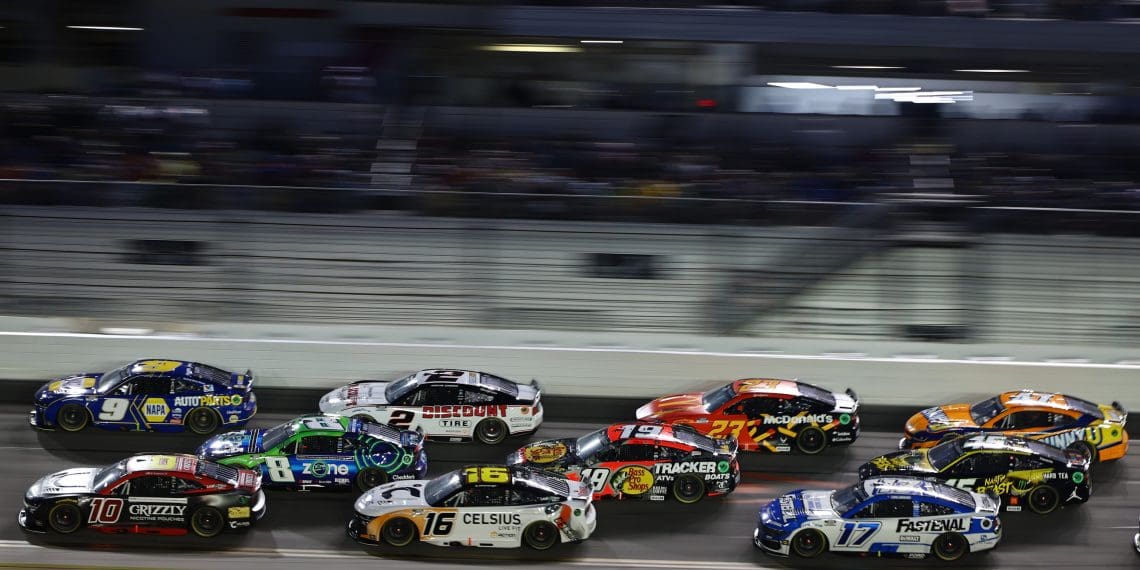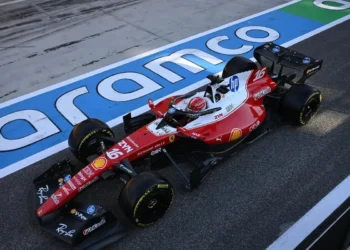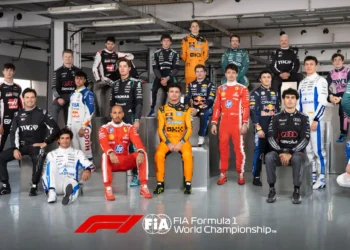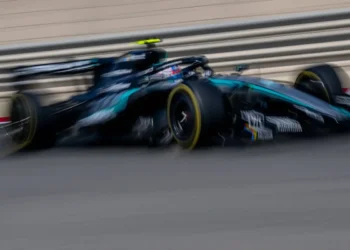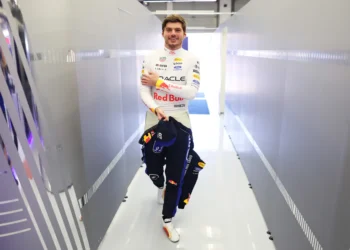There was a time when NASCAR wasn’t just about cars thundering around the track—it was about personalities, rivalries, and raw, unfiltered emotion. The garage was filled with men who spoke their minds, sometimes angrily, often hilariously, but always honestly.
Dale Earnhardt Sr. didn’t hold back. Tony Stewart never bit his tongue. Kevin Harvick wasn’t afraid to call out NASCAR’s nonsense. But fast forward to today, and stock car racing’s most vocal figures have been replaced with media-trained, sponsor-conscious robots, delivering corporate-approved clichés instead of speaking from the heart.
What Happened to the Drivers Who Spoke Their Minds?
Think back to Dale Earnhardt Sr. after the 2000 Daytona 500. The Intimidator was seething, and he let NASCAR know exactly how he felt:
“That’s the worst race I’ve ever seen at Daytona in a long, long time… They took racing away from the drivers’ and the crews’ hands. Mr. Bill France Sr. would roll over in his grave if he’d seen that deal.”
Those words would be unthinkable in today’s NASCAR. Why? Because the drivers who dared to criticize the sport are now either silenced, forced to apologize, or mysteriously quiet.
In the 1990s and early 2000s, it was common for drivers to blast NASCAR, officials, and competitors without fear. Tony Stewart once raged about fake debris cautions, Kevin Harvick frequently called out rule inconsistencies, and even the clean-cut Jeff Gordon wasn’t afraid to vent.
Today? It’s as if someone hit the mute button.
When was the last time you heard a Cup Series driver openly call out NASCAR’s problems without walking it back the next day? In a world where sponsorship dollars rule, where teams are financially tied to manufacturers, and where social media mobs call for drivers’ heads over minor statements, the days of brutal honesty seem to be long gone.
NASCAR’s “Hush Money” Era?
Some fans have jokingly, or perhaps seriously, suggested that NASCAR operates under a system of “hush money”—an unwritten rule where drivers are strongly encouraged to keep their criticisms private.
The evidence?
- When was the last time a driver outright blasted the state of superspeedway racing?
- Why do most post-race interviews sound like scripted advertisements rather than genuine reactions?
- Why do drivers now thank their sponsors first, even after being wrecked in an avoidable disaster?
There’s a noticeable fear of backlash, whether it’s from NASCAR officials, team owners, or corporate partners. A single out-of-line comment could mean fewer sponsorship dollars, an awkward conversation with a manufacturer, or even a penalty.
The harsh reality is that today’s NASCAR is just as much about business as it is about racing—but in protecting its corporate interests, the sport has lost a big part of its soul.
The Price of Censorship: A Disconnect with Fans
The death of driver personalities has pushed many longtime fans away. They don’t see today’s Cup Series stars as the relatable, tell-it-like-it-is racers of the past. They see polished, risk-averse businessmen in fire suits, careful to avoid controversy.
Compare that to Earnhardt Sr., who told it like it was, no matter who he offended. If he were alive today, and heard drivers talking in sanitized, sponsor-friendly language, you can bet he’d have something to say about it.
This shift has cost NASCAR a major part of its identity. In the past, a driver who spoke out wasn’t just tolerated—they were celebrated. Now? They’re seen as a liability.
Can NASCAR Get Its Personality Back?
The sport needs characters again. It needs drivers who aren’t afraid to ruffle feathers, challenge authority, and speak their minds.
Right now, NASCAR has a golden opportunity. A new generation of stars like Noah Gragson, Ross Chastain, and even Kyle Busch in his veteran years still show flashes of that old-school, no-filter attitude. But will the sport let them speak freely—or will it continue to keep them on a leash?
For NASCAR to regain its authentic, rebellious identity, it needs to let drivers be themselves again. Because as long as stock car racing is driven by PR-friendly robots, the sport will feel less like a battle of personalities and more like a glorified corporate event.

